
Nouméa: The Jewel of the South Pacific
Nestled in the heart of the South Pacific, Nouméa stands as the vibrant capital of New Caledonia. This enchanting city boasts a unique blend of French elegance and Melanesian charm, making it a must-visit destination for travelers seeking both relaxation and adventure. Nouméa's stunning beaches with crystal-clear waters and powdery white sands offer the perfect escape for sun-seekers and water sports enthusiasts. Anse Vata Beach and Baie des Citrons are popular spots for swimming, snorkeling, and windsurfing. The city's coastal promenade, lined with palm trees and charming cafes, provides a picturesque setting for leisurely strolls. History buffs will appreciate Nouméa's rich cultural heritage. The Tjibaou Cultural Center, designed by renowned architect Renzo Piano, showcases the art and traditions of the Kanak people. The city's colonial architecture, such as the iconic St. Joseph's Cathedral, adds a touch of old-world charm to the urban landscape. Food lovers will be delighted by the culinary offerings in Nouméa. The city is home to a variety of restaurants serving delectable French cuisine infused with local flavors. Don't miss the bustling local markets, where you can sample fresh seafood, tropical fruits, and artisanal products. Whether you're exploring the vibrant markets, relaxing on pristine beaches, or immersing yourself in the local culture, Nouméa promises an unforgettable travel experience.
Local tips in Nouméa
- Visit the Tjibaou Cultural Center to learn about the Kanak culture and heritage.
- Try the fresh seafood at the local markets for an authentic taste of New Caledonia.
- Rent a bike to explore the city’s scenic coastal paths and vibrant neighborhoods.
- Take a day trip to the nearby Amedee Island for excellent snorkeling and a historic lighthouse.
- Check the local calendar for cultural festivals and events to enhance your experience.
Neighbourhoods in Nouméa
Nouméa: The Jewel of the South Pacific
Nestled in the heart of the South Pacific, Nouméa stands as the vibrant capital of New Caledonia. This enchanting city boasts a unique blend of French elegance and Melanesian charm, making it a must-visit destination for travelers seeking both relaxation and adventure. Nouméa's stunning beaches with crystal-clear waters and powdery white sands offer the perfect escape for sun-seekers and water sports enthusiasts. Anse Vata Beach and Baie des Citrons are popular spots for swimming, snorkeling, and windsurfing. The city's coastal promenade, lined with palm trees and charming cafes, provides a picturesque setting for leisurely strolls. History buffs will appreciate Nouméa's rich cultural heritage. The Tjibaou Cultural Center, designed by renowned architect Renzo Piano, showcases the art and traditions of the Kanak people. The city's colonial architecture, such as the iconic St. Joseph's Cathedral, adds a touch of old-world charm to the urban landscape. Food lovers will be delighted by the culinary offerings in Nouméa. The city is home to a variety of restaurants serving delectable French cuisine infused with local flavors. Don't miss the bustling local markets, where you can sample fresh seafood, tropical fruits, and artisanal products. Whether you're exploring the vibrant markets, relaxing on pristine beaches, or immersing yourself in the local culture, Nouméa promises an unforgettable travel experience.
When is the best time to go to Nouméa?
Iconic landmarks you can’t miss
Place des Cocotiers
Explore Place des Cocotiers in Nouméa - a serene city park filled with lush greenery, vibrant culture, and local events perfect for all travelers.
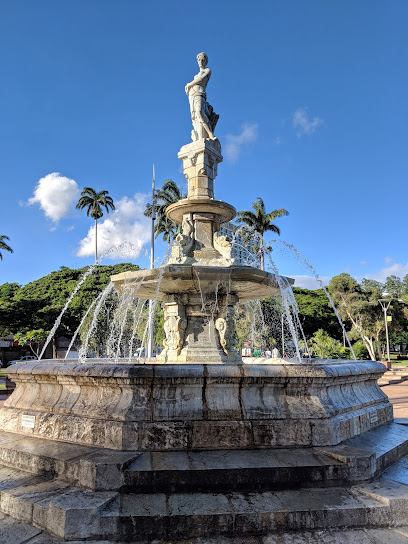
Lagoon Aquarium
Discover the underwater wonders at Lagoon Aquarium in Nouméa, a family-friendly attraction showcasing New Caledonia's breathtaking marine biodiversity.
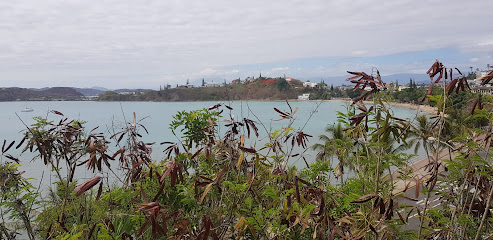
Tjibaou Cultural Centre
Discover the Tjibaou Cultural Centre in Nouméa, where Kanak culture and modern art converge in a stunning architectural masterpiece.
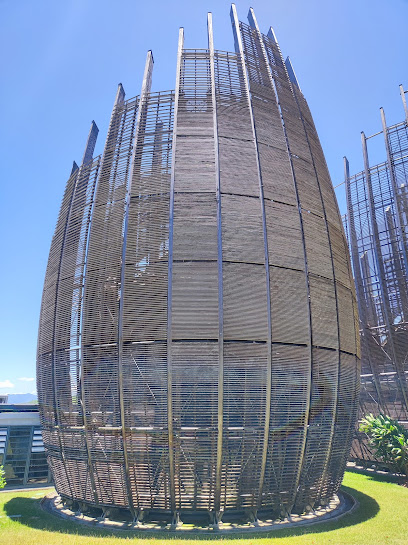
City Market
Discover the heart of Nouméa at the City Market, where local flavors, fresh produce, and vibrant culture combine for an unforgettable experience.
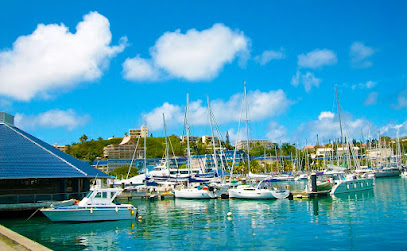
Le Méridien Noumea Resort & Spa
Experience luxury and tranquility at Le Méridien Noumea Resort & Spa, where stunning ocean views and rich local culture await in New Caledonia.
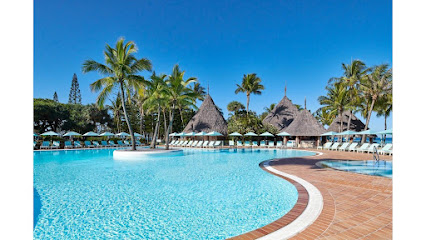
Amédée Lighthouse
Explore the stunning Amédée Lighthouse in New Caledonia, a historic landmark surrounded by crystal-clear waters and vibrant marine life.
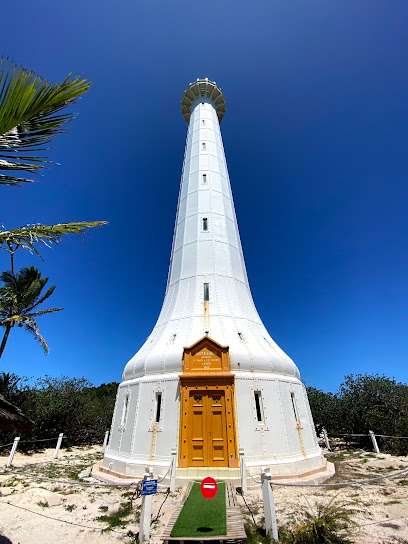
Hôtel Château Royal
Experience the elegance of Hôtel Château Royal, a luxurious oasis in Nouméa, offering stunning lagoon views and unmatched hospitality in New Caledonia.
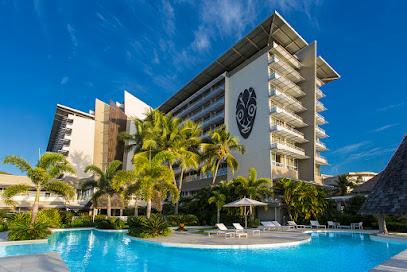
Parc Zoologique Et Forestier Michel Corbasson
Explore the enchanting Parc Zoologique Et Forestier Michel Corbasson, a serene animal park in Nouméa, showcasing New Caledonia's unique biodiversity.
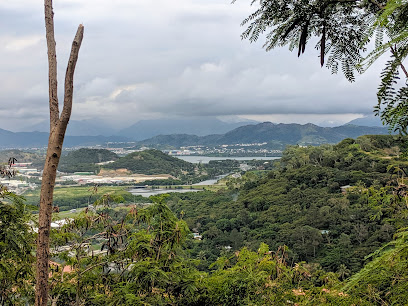
Plage de la Baie des Citrons
Explore the beauty of Plage de la Baie des Citrons, a tropical paradise in Nouméa with stunning waters and vibrant marine life.
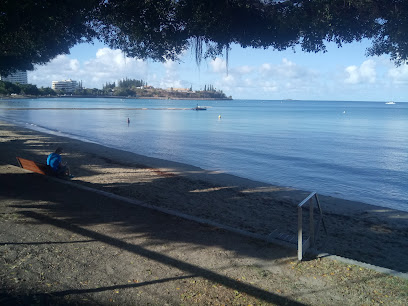
Canons du Ouen Toro
Discover the stunning views and historical significance of Canons du Ouen Toro, a must-visit site in Nouméa, New Caledonia.
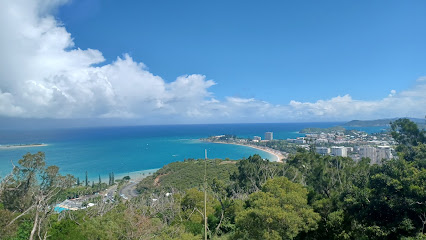
Port Moselle Harbour
Discover the beauty and vibrant culture of Port Moselle Harbour in Nouméa, where stunning waterfront views meet local cuisine and lively markets.
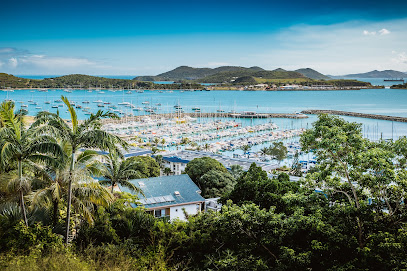
L'Ed'Zen
Discover the exquisite blend of local flavors at L'Ed'Zen, a must-visit restaurant in Nouméa, New Caledonia, for an unforgettable dining experience.
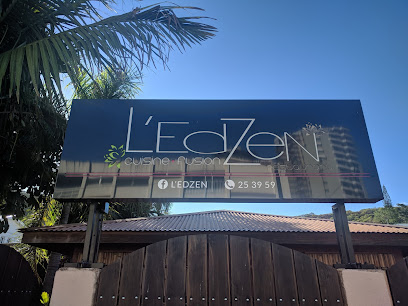
Mary D Agency - Phare Amédée
Experience the beauty of New Caledonia with Mary D Agency - Phare Amédée tours, offering unforgettable adventures and stunning marine sights.
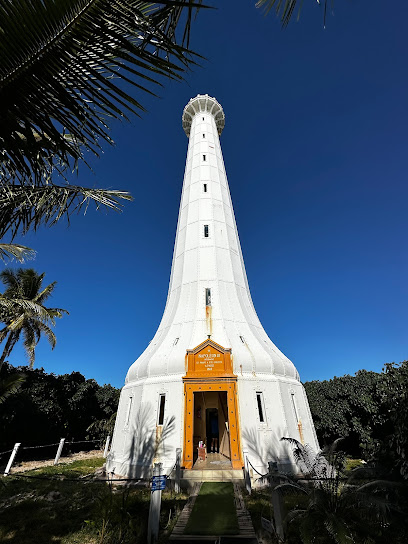
Maritime Museum of New Caledonia
Explore maritime heritage at the Maritime Museum of New Caledonia, where history meets the beauty of the Pacific.
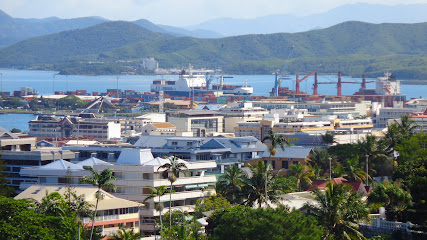
Kuendu Beach
Experience the tranquil beauty of Kuendu Beach in Nouméa, New Caledonia, a tropical paradise perfect for relaxation and adventure.
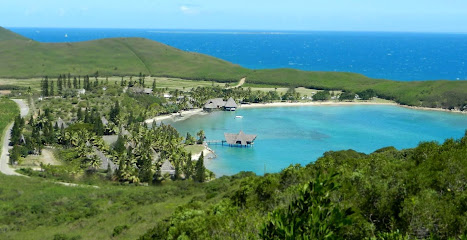
Unmissable attractions to see
Lagoon Aquarium
Dive into the vibrant marine life of New Caledonia at the Lagoon Aquarium, a premier tourist attraction located in the heart of Nouméa's stunning landscape.
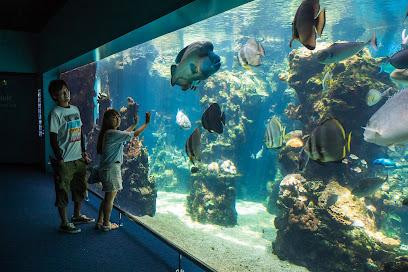
Place des Cocotiers
Discover tranquility and vibrant culture at Place des Cocotiers, Nouméa's lush city park ideal for relaxation and local events.
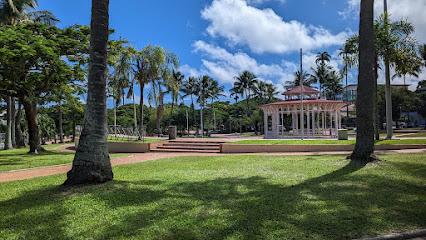
Tjibaou Cultural Centre
Experience the vibrant Kanak culture at the Tjibaou Cultural Centre in Nouméa, New Caledonia, a fusion of tradition and modern art.
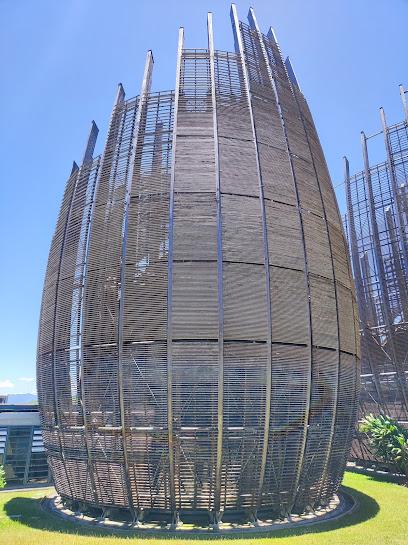
Amédée Lighthouse
Discover the stunning Amédée Lighthouse in New Caledonia, a historical landmark offering breathtaking views and vibrant marine life.
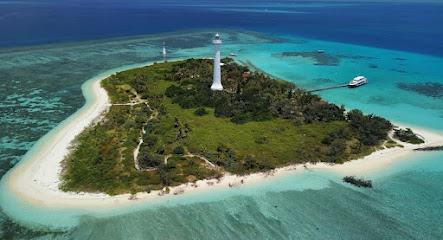
Plage de la Baie des Citrons
Experience the vibrant atmosphere and picturesque beauty of Plage de la Baie des Citrons in Nouméa, New Caledonia, a premier beach destination.
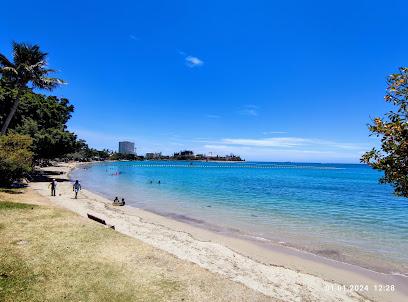
Kuendu Beach
Experience the breathtaking beauty and tranquility of Kuendu Beach, a premier tourist destination in Nouméa, New Caledonia.
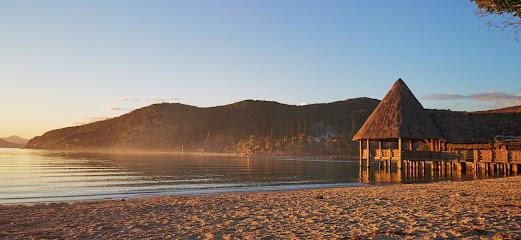
Cathédrale Saint-Joseph à Nouméa
Discover the majestic Cathédrale Saint-Joseph à Nouméa, an architectural jewel and serene retreat in the heart of New Caledonia's vibrant capital.
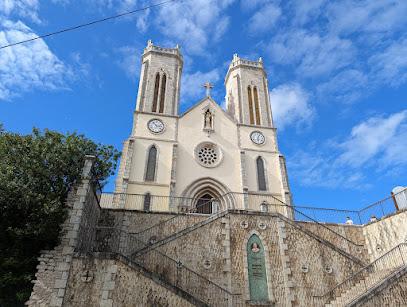
Amédée Islet
Discover the enchanting Amédée Islet in New Caledonia, where pristine beaches meet vibrant marine life and rich cultural heritage.
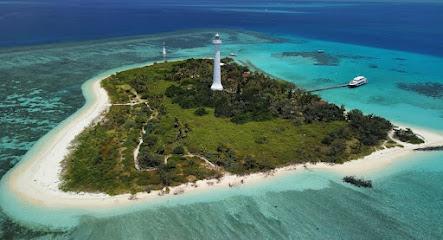
Dal Ocean Charter
Discover New Caledonia's pristine waters with Dal Ocean Charter—your gateway to unforgettable boat rentals and breathtaking island tours.
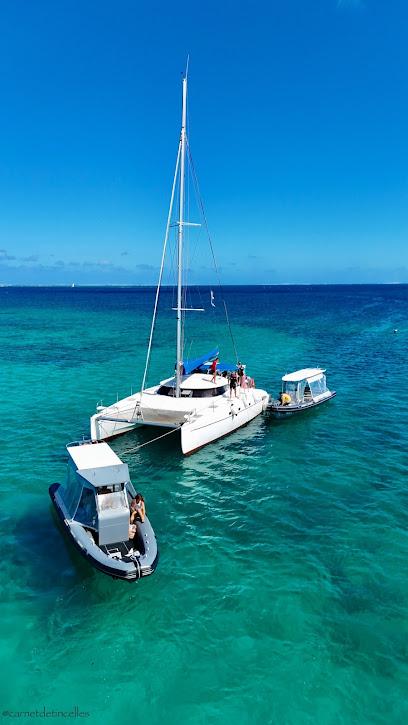
Les Boucles de Tina
Discover the breathtaking beauty and adventure of Les Boucles de Tina, New Caledonia's premier outdoor attraction for nature lovers and thrill-seekers.
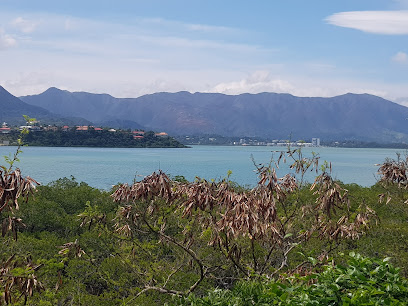
Iatok Diving Paradise
Explore the vibrant marine life of New Caledonia at Iatok Diving Paradise, your gateway to incredible underwater adventures.
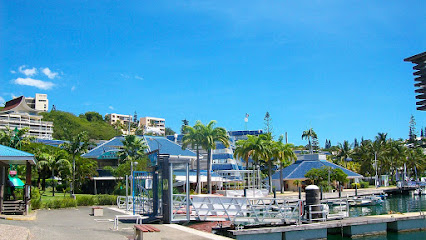
Plage de l'Anse Vata
Explore the stunning Plage de l'Anse Vata in New Caledonia, a beach paradise with clear waters, vibrant activities, and a lively atmosphere.
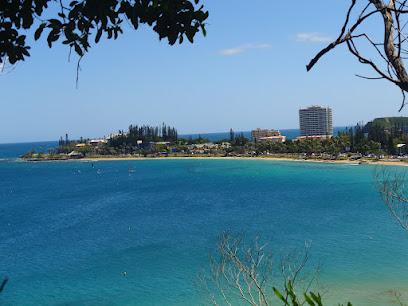
Ouen Toro Hill
Explore the breathtaking Ouen Toro Hill in Nouméa, New Caledonia, where stunning views and nature's beauty await every hiker.
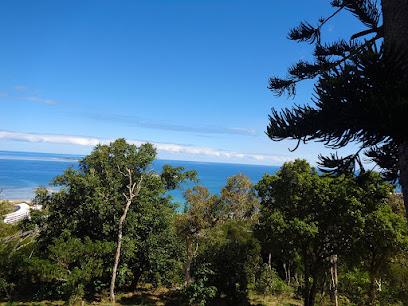
Sommet Du Mont-Dore
Discover the breathtaking beauty of Mont-Dore Summit, a hiker's paradise in New Caledonia with stunning views and diverse ecosystems.
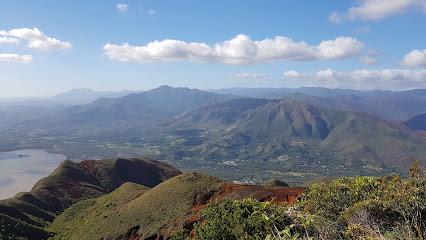
Michel Corbasson Bird Park and Botanical Garden
Explore the enchanting Michel Corbasson Bird Park and Botanical Garden in Nouméa, home to exotic birds and stunning botanical displays.
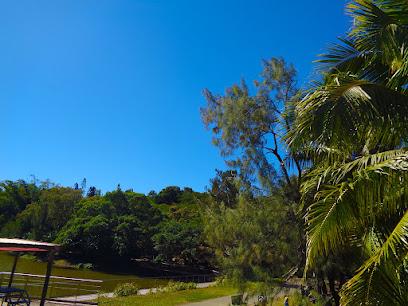
Essential places to dine
Le Roof
Discover culinary delights at Le Roof, where exquisite flavors meet stunning ocean views in Nouméa.
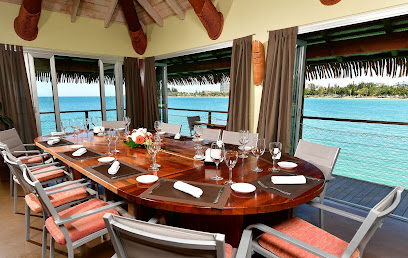
Stone Grill
Experience unique self-cooking dining at Stone Grill in Nouméa – where flavor meets fun on volcanic stones!
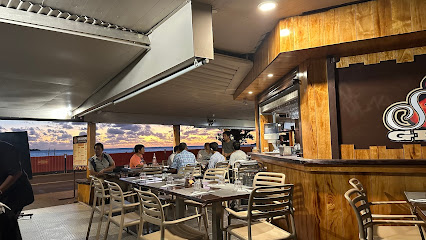
Marmite et Tire-Bouchon
Experience authentic New Caledonian cuisine at Marmite et Tire-Bouchon, where local flavors meet culinary excellence in a cozy setting.
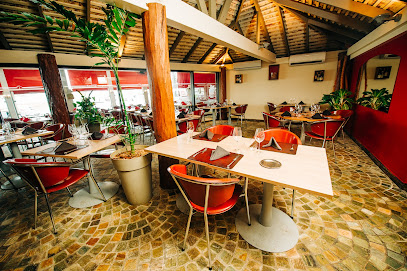
Le Bout Du Monde
Experience exquisite local flavors at Le Bout Du Monde - Nouméa's culinary paradise featuring fresh seafood and international delights.
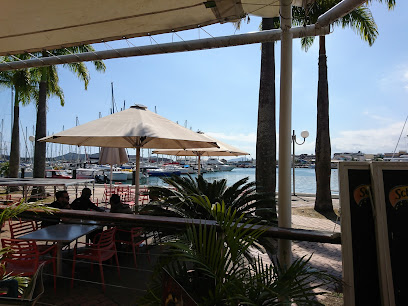
L'Atelier Gourmand
Experience the best of New Caledonian flavors at L'Atelier Gourmand - where French culinary art meets local ingredients.
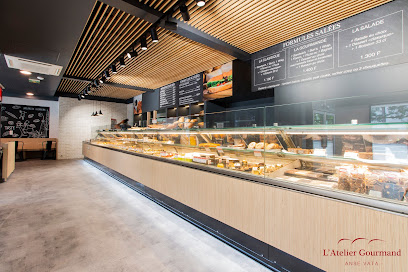
Tipico Latino
Savor authentic Mexican cuisine at Tipico Latino in Nouméa - where vibrant flavors meet warm hospitality.
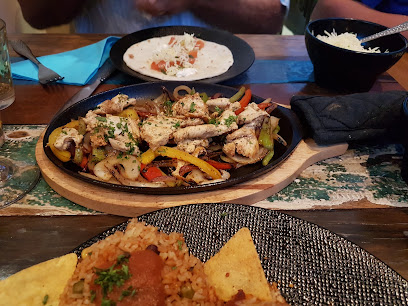
Le Faré du Palm Beach
Experience exquisite dining with breathtaking ocean views at Le Faré du Palm Beach in Nouméa.
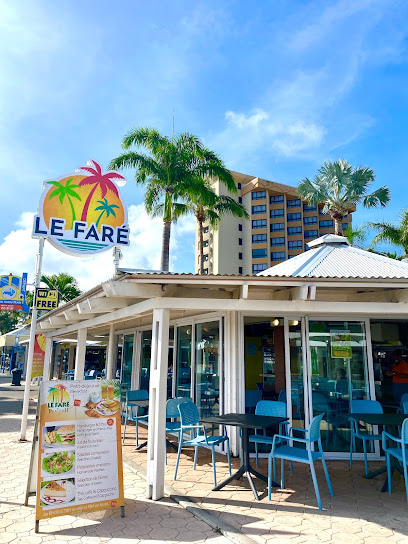
L'Ed'Zen
Discover the vibrant culinary scene of Nouméa at L'Ed'Zen, where local flavors meet exceptional dining experiences.
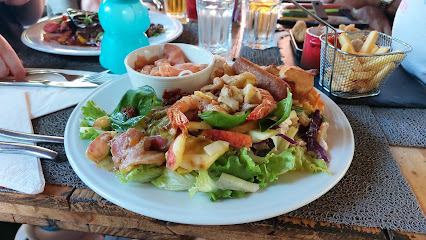
Fun
Experience the vibrant flavors of New Caledonia at Le Fun - where culinary excellence meets stunning views in Nouméa.
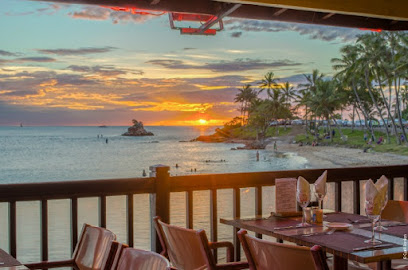
Snack Ulysse
Experience delicious hamburgers at Snack Ulysse in Nouméa - where fast food meets local flavor in New Caledonia's vibrant dining scene.
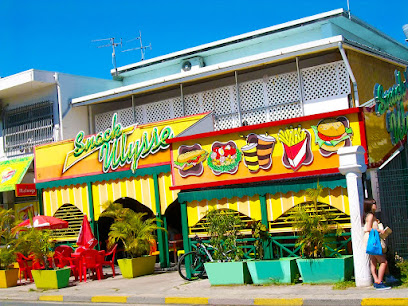
Mamma mia
Experience authentic Italian cuisine at Mamma Mia in Nouméa's Baie des Citrons, where delicious dishes meet stunning seaside views.
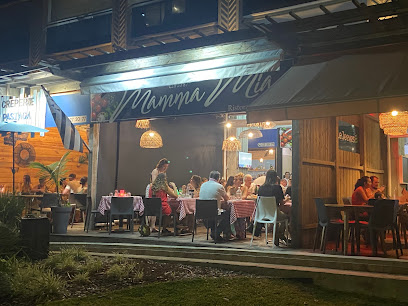
Casa Italia
Experience authentic Italian cuisine at Casa Italia in Nouméa – where tradition meets taste amidst stunning surroundings.
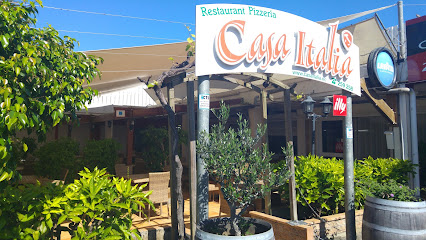
La Table des Gourmets
Discover exquisite New Caledonian cuisine at La Table des Gourmets, where every meal is a celebration of local flavors.
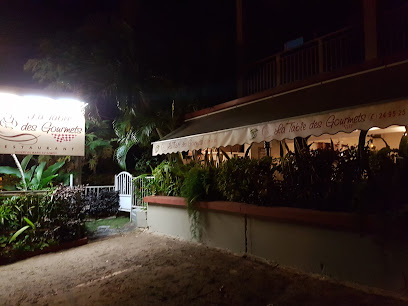
Le Miretti-Gascon
Experience exquisite French cuisine blended with local flavors at Le Miretti-Gascon in Nouméa - A culinary journey awaits!
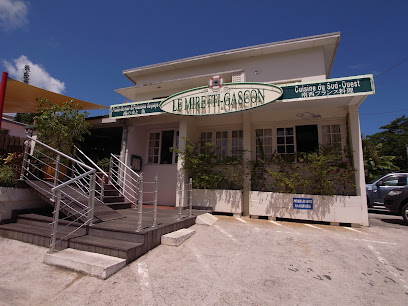
Tierra de Fuego
Discover authentic South American cuisine at Tierra de Fuego in Nouméa - where every meal is a flavorful journey.
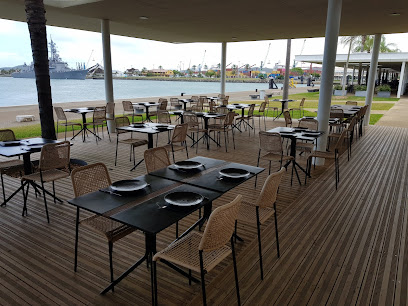
Markets, malls and hidden boutiques
Baie Des Citrons Shopping Complex
Explore the vibrant Baie Des Citrons Shopping Complex in Nouméa, a shopper's paradise with stunning views and delectable dining options.
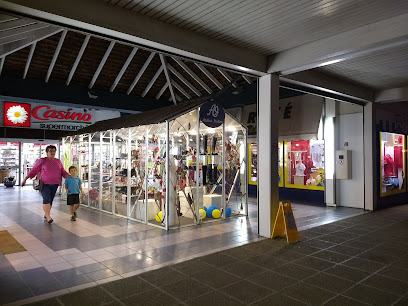
La Boutique Partagée
Explore the best of organic living at La Boutique Partagée in Nouméa, where local produce meets sustainable choices for a healthier lifestyle.
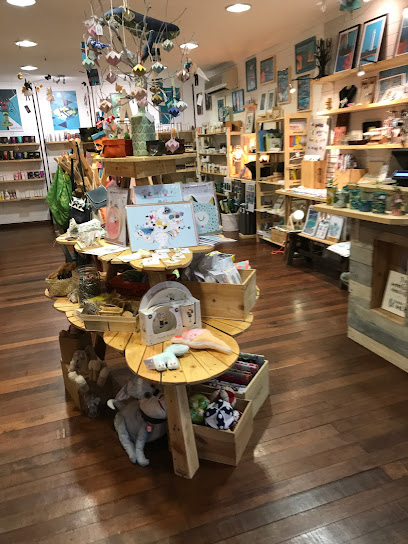
The Village
Discover the vibrant shopping experience at The Village in Nouméa, where local culture meets modern retail therapy in a bustling atmosphere.
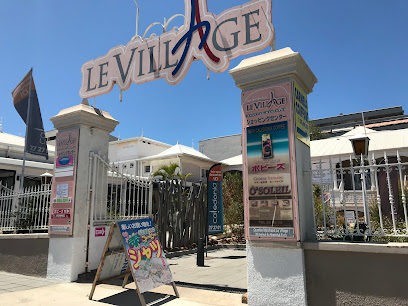
AQUA
Discover a treasure trove of authentic New Caledonian souvenirs at AQUA, where local craftsmanship meets unforgettable memories.
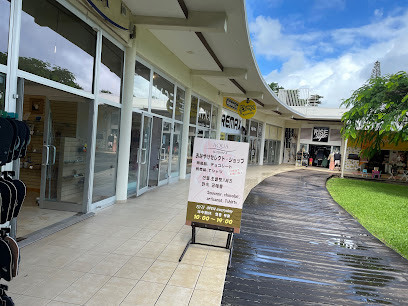
CHÈQUE CADEAU CALÉDONIEN - La Boutique Cadeau
Discover unique souvenirs and local handicrafts at CHÈQUE CADEAU CALÉDONIEN - La Boutique Cadeau in the heart of Nouméa, New Caledonia.
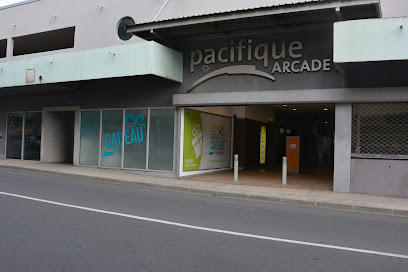
Tricot Rayé
Experience the vibrant fashion scene at Tricot Rayé, a clothing store in Nouméa, New Caledonia, showcasing local designs and unique styles.
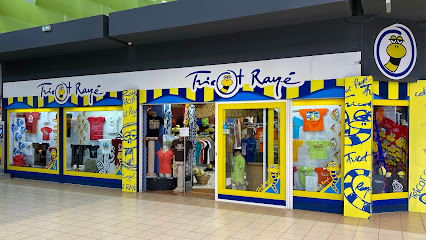
ZIG ZAG
Discover unique gifts, artisan candles, and handcrafted accessories at Zig Zag in Nouméa, the perfect stop for your souvenir shopping experience.
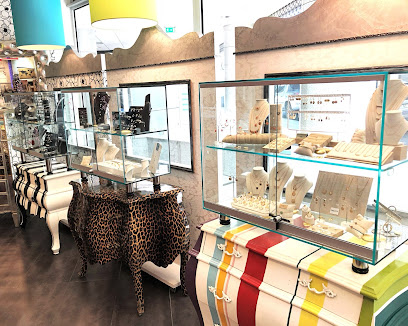
Lana Boutique
Discover unique fashion and local style at Lana Boutique, a premier clothing store in Nouméa, New Caledonia, perfect for fashion-savvy travelers.
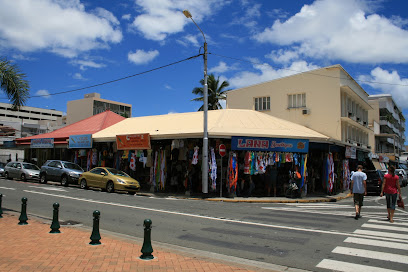
Boutique AlexKa | Vêtements, Sacs & Accessoires pour femmes
Explore Boutique AlexKa in Nouméa for the latest women's fashion, stylish accessories, and unique handbags in a chic shopping environment.
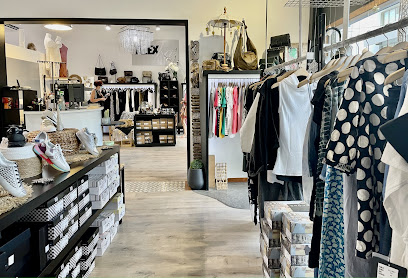
Fenua Shopping
Discover unique local products and fashion at Fenua Shopping, your go-to retail destination in the heart of Nouméa, New Caledonia.
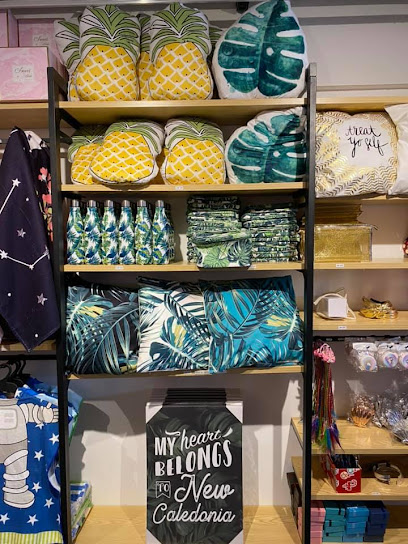
PALM BEACH CURIOS
Explore the charm of New Caledonia at Palm Beach Curios, where unique local gifts and souvenirs await every traveler.
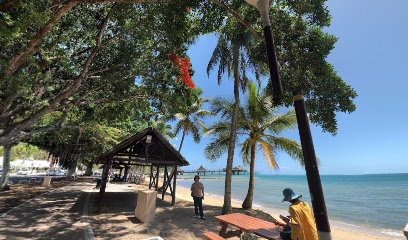
Les Découvertes de Fabi
Explore Les Découvertes de Fabi, Nouméa's premier gift shop for unique handicrafts that embody the spirit of New Caledonia.
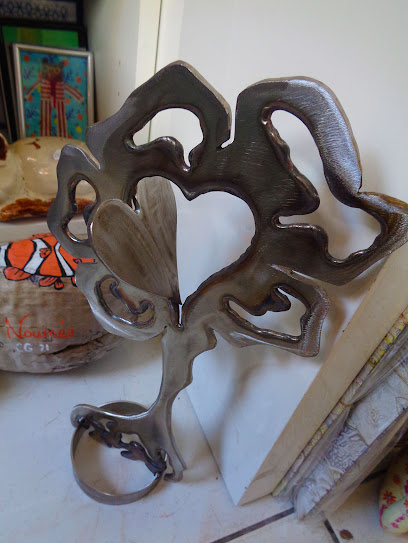
Bükìt the concept store
Explore Bükìt the Concept Store in Nouméa for unique New Caledonian crafts, fashion, and an authentic shopping experience.
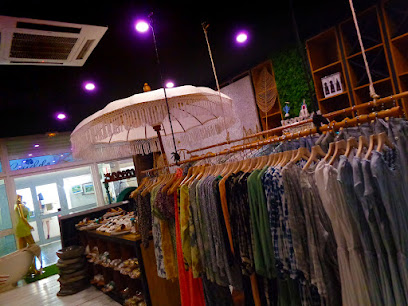
La Découverte
Discover the essence of New Caledonia at La Découverte, your go-to gift shop for unique local treasures and authentic souvenirs.
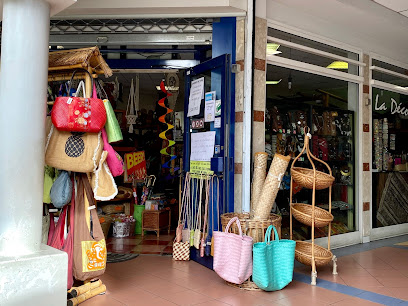
BOROKAY ART
Explore Borokay Art, a vibrant gift shop in Nouméa offering unique handcrafted souvenirs that reflect the rich culture of New Caledonia.
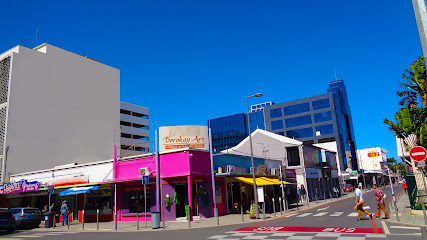
Essential bars & hidden hideouts
La Barca
Experience the vibrant atmosphere of La Barca, a premier waterfront bar in Nouméa, offering stunning views and delightful local flavors.
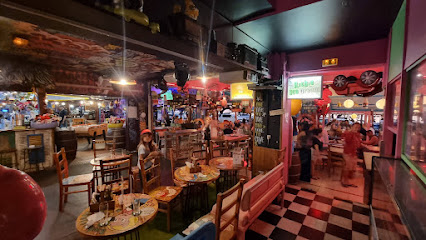
La Bodega del Mar
Experience the vibrant flavors of La Bodega del Mar, Nouméa's top tapas bar, where local ingredients meet inspired culinary creativity.
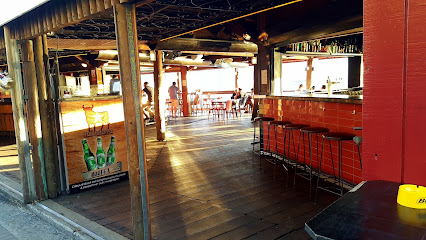
MV Lounge
Experience the vibrant nightlife of Nouméa at MV Lounge, where great drinks, live music, and stunning bay views await you.
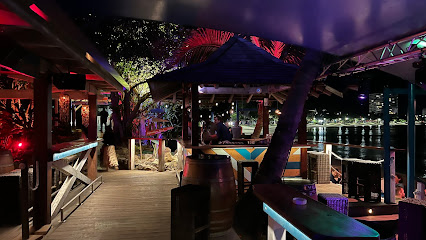
Babar Cafe
Discover Babar Cafe in Nouméa: A vibrant bar and restaurant offering exquisite cuisine, stunning views, and a lively atmosphere perfect for relaxation.
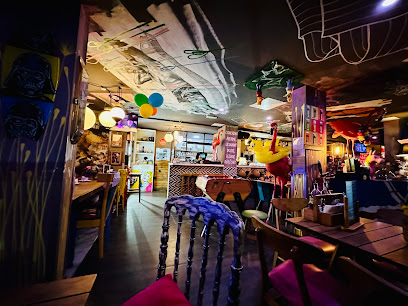
Chai de l'Hippodrome
Discover the charm of Chai de l'Hippodrome in Nouméa, where exquisite wines meet gourmet cuisine in a delightful atmosphere.
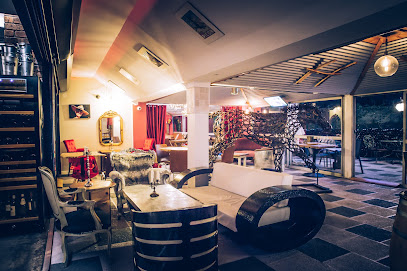
Le 12 Glasser Bar Tapas Nouméa
Discover the vibrant flavors of Nouméa at Le 12 Glasser Bar Tapas, a premier spot for gourmet tapas and exquisite wines in a lively atmosphere.
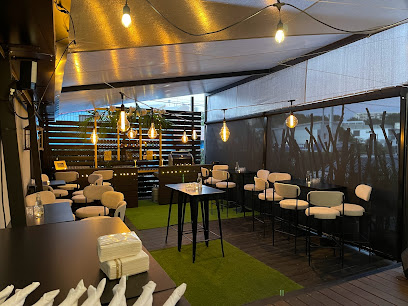
Q20
Explore the vibrant nightlife of Nouméa at Q20, where exquisite wines, local beers, and delicious tapas await you.
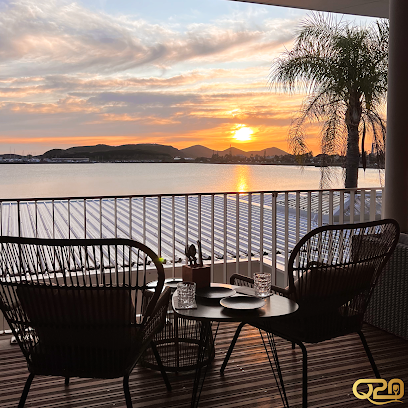
L'Etrave
Experience the vibrant atmosphere and stunning views at L'Etrave, the premier bar in Nouméa, New Caledonia.
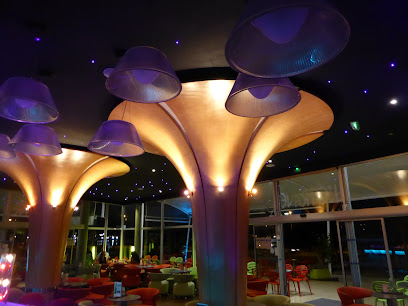
L’Endroit Rooftop
Experience stunning sunset views and expertly crafted cocktails at L’Endroit Rooftop in Nouméa, New Caledonia.
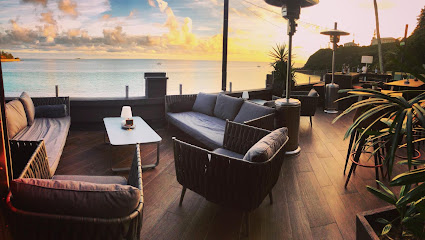
Codebar
Experience the vibrant nightlife of Nouméa at Codebar, a lively bar with stunning ocean views and a delicious drink selection.
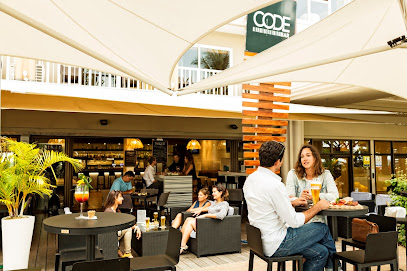
Sports Bar Rendez-Vous
Discover the vibrant atmosphere and local flavors at Sports Bar Rendez-Vous in Nouméa, a perfect spot for relaxation and socializing.
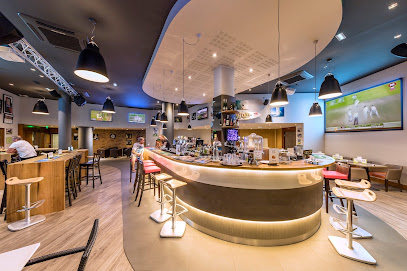
35 Foch
Discover the lively ambiance and refreshing drinks at 35 Foch in Nouméa, a must-visit bar for an authentic local experience.
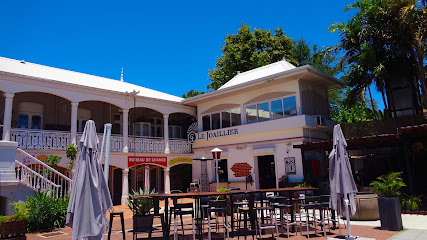
Le Domaine du Faubourg
Discover the lively ambiance and local flavors at Le Domaine du Faubourg, a premier bar in Nouméa, New Caledonia.
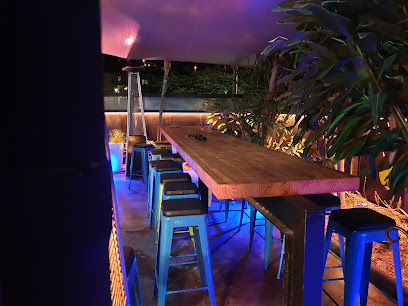
Public House Noumea
Discover the vibrant nightlife at Public House Noumea, a lively bar and lounge offering cocktails, music, and unforgettable experiences in New Caledonia.
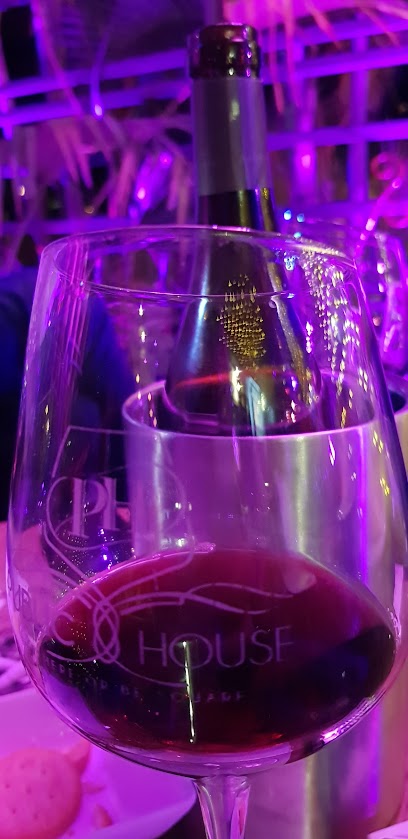
Le Bohème Bar
Discover the vibrant nightlife of Nouméa at Le Bohème Bar, where live music and stunning ocean views create an unforgettable experience.
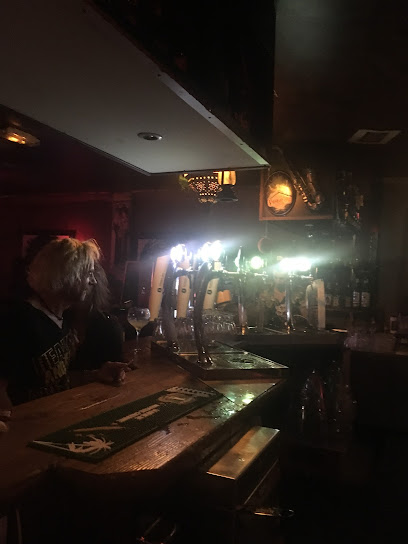
Local Phrases
-
- HelloBonjour
[Bohn-zhoor] - GoodbyeAu revoir
[Oh reh-vwahr] - YesOui
[Wee] - NoNon
[Nohn] - Please/You're welcomeS'il vous plaît / De rien
[Seel voo pleh / Deh ryen] - Thank youMerci
[Mehr-see] - Excuse me/SorryExcusez-moi / Désolé
[Ex-kyoo-zay mwah / Day-zoh-lay] - How are you?Comment ça va ?
[Koh-mohn sah vah ?] - Fine. And you?Bien. Et toi ?
[Byen. Ay twah ?] - Do you speak English?Parlez-vous anglais ?
[Par-lay voo ahn-glay ?] - I don't understandJe ne comprends pas
[Zhuh nuh kohm-prahn pah]
- HelloBonjour
-
- I'd like to see the menu, pleaseJe voudrais voir le menu, s'il vous plaît
[Zhuh voo-dray vwar luh menu, seel voo pleh] - I don't eat meatJe ne mange pas de viande
[Zhuh nuh mahnj pah duh vyand] - Cheers!Santé !
[Sahn-tay] - I would like to pay, pleaseJe voudrais payer, s'il vous plaît
[Zhuh voo-dray pay-ay, seel voo pleh]
- I'd like to see the menu, pleaseJe voudrais voir le menu, s'il vous plaît
-
- Help!Au secours !
[Oh se-koor] - Go away!Allez-vous en !
[Ah-lay vooz ahn] - Call the Police!Appelez la police !
[Ah-peh-lay lah po-lees] - Call a doctor!Appelez un médecin !
[Ah-peh-lay uh mayd-sahn] - I'm lostJe suis perdu
[Zhuh swee pehr-doo] - I'm illJe suis malade
[Zhuh swee mah-lahd]
- Help!Au secours !
-
- I'd like to buy...Je voudrais acheter...
[Zhuh voo-dray ah-shet-ay] - I'm just lookingJe regarde juste
[Zhuh ruh-gard zhust] - How much is it?Combien ça coûte ?
[Kom-byen sah koot ?] - That's too expensiveC'est trop cher
[Say troh shay] - Can you lower the price?Est-ce que vous pouvez baisser le prix ?
[Es-kuh voo poo-vay bay-say luh pree ?]
- I'd like to buy...Je voudrais acheter...
-
- What time is it?Quelle heure est-il ?
[Kell uhr ay-teel ?] - It's one o'clockIl est une heure
[Eel ay oon uhr] - Half past (10)Dix heures et demie
[Dee-uhrz ay deh-mee] - MorningMatin
[Mah-tahn] - AfternoonAprès-midi
[Ah-preh mee-dee] - EveningSoir
[Swah] - YesterdayHier
[Yehr] - TodayAujourd'hui
[Oh-zhoor-dwee] - TomorrowDemain
[Duh-man] - 1Un
[Uh] - 2Deux
[Duh] - 3Trois
[Trwah] - 4Quatre
[Cat] - 5Cinq
[Sank] - 6Six
[Sees] - 7Sept
[Set] - 8Huit
[Weet] - 9Neuf
[Nuhf] - 10Dix
[Dee]
- What time is it?Quelle heure est-il ?
-
- Where's a/the...?Où est...?
[Oo ay...?] - What's the address?Quelle est l'adresse?
[Kell ay lah-dress?] - Can you show me (on the map)?Pouvez-vous me montrer (sur la carte) ?
[Poo-vez voo muh mohn-tray (soor lah kart) ?] - When's the next (bus)?Quand est le prochain (bus) ?
[Kahnd ay luh proh-shang (bus) ?] - A ticket (to ....)Un billet (pour ....)
[Uh bee-yay (poor ....)]
- Where's a/the...?Où est...?
History of Nouméa
-
Nouméa, the capital of New Caledonia, was founded in 1854 by Admiral Febvrier Despointes, who named it Port-de-France. The settlement was established as a French penal colony and later grew into a major port and administrative center.
-
In 1878, the indigenous Kanak people led a major rebellion against French colonial rule. The conflict was driven by land disputes and the imposition of European customs. The rebellion was eventually suppressed, but it marked a significant moment in the resistance against colonialism.
-
During World War II, Nouméa became an important Allied base in the Pacific. The city served as the headquarters for the South Pacific Command under Admiral William Halsey, playing a crucial role in the Pacific Theater. The presence of American troops brought significant economic and social changes to the city.
-
The discovery of rich nickel deposits in New Caledonia in the late 19th and early 20th centuries transformed Nouméa into a bustling economic hub. The nickel industry attracted workers from various parts of the world, contributing to the city's diverse cultural landscape.
-
Nouméa is known for its multicultural society, influenced by indigenous Kanak traditions, French colonial heritage, and the contributions of various immigrant communities including Polynesians, Indonesians, and Vietnamese. This cultural diversity is reflected in the city's festivals, cuisine, and arts.
-
In recent decades, Nouméa has undergone significant modernization and urban development. The city now boasts modern infrastructure, shopping centers, and a vibrant tourism industry. Despite these changes, Nouméa continues to celebrate its rich history and cultural heritage.
Nouméa Essentials
-
Nouméa is the capital city of New Caledonia, located on the island of Grande Terre. The main international gateway is La Tontouta International Airport (NOU), approximately 45 kilometers northwest of the city. Direct flights are available from major cities such as Sydney, Auckland, Tokyo, and Paris. From the airport, you can take a shuttle, taxi, or rent a car to reach Nouméa. The shuttle services are frequent and relatively affordable, while taxis offer a more comfortable but expensive option.
-
Nouméa has a well-developed public transportation system. The Karuïa Bus service operates throughout the city and its suburbs, providing a convenient and cost-effective way to get around. Taxis are also available but can be expensive, especially for longer distances. Renting a car is a popular option for tourists who wish to explore beyond the city, with several rental agencies available. Additionally, you can explore the city center and its main attractions on foot or by bicycle, as there are many pedestrian-friendly areas and bike paths.
-
The official currency of New Caledonia is the CFP Franc (XPF). Credit and debit cards are widely accepted in Nouméa, especially in hotels, restaurants, and larger shops. However, it is advisable to carry some cash for smaller establishments, markets, and remote areas. ATMs are readily available throughout the city for cash withdrawals. Currency exchange services are also available at the airport, banks, and some hotels.
-
Nouméa is generally considered safe for tourists, but it is always wise to take standard precautions. Avoid walking alone at night in unfamiliar areas, particularly in neighborhoods such as Montravel and Tindu, which have higher crime rates. Keep an eye on your belongings in crowded places like markets and tourist attractions. Always use registered taxis and avoid accepting rides from strangers. While violent crime is rare, petty theft and pickpocketing can occur.
-
In case of an emergency, dial 17 for police, 18 for fire services, and 15 for medical emergencies. Nouméa has several hospitals and clinics, with the main one being Médipôle de Koutio, which offers comprehensive medical services. It is advisable to have travel insurance that covers medical emergencies and evacuation. Pharmacies are well-stocked and can provide over-the-counter medications for minor health issues.
-
Fashion: Do dress comfortably and modestly, especially when visiting religious or cultural sites. Avoid overly revealing clothing. Religion: Do respect local customs and traditions. When visiting churches or tribal areas, dress modestly and remove your hat. Public Transport: Do use the Karuïa Bus service for an affordable travel option. Don’t eat or drink on public transport. Greetings: Do greet people with a friendly 'Bonjour' (hello) and a smile. A handshake is customary in formal settings. Eating & Drinking: Do try local specialties such as bougna and seafood. Don’t refuse food or drink when offered, as it may be seen as impolite.
-
To experience Nouméa like a local, visit the Port Moselle Market (Marché de Nouméa) where you can buy fresh produce, seafood, and local crafts. Engage with locals, who are generally friendly and willing to share their culture and traditions. Don’t miss the opportunity to explore the beautiful beaches and nearby islets, such as Île aux Canards and Île Amédée. For a unique local experience, try kava, a traditional drink made from the roots of the kava plant, available in local kava bars.
Trending Landmark in Nouméa
-
Place des Cocotiers
-
Lagoon Aquarium
-
Tjibaou Cultural Centre
-
City Market
-
Le Méridien Noumea Resort & Spa
-
Amédée Lighthouse
-
Hôtel Château Royal
-
Parc Zoologique Et Forestier Michel Corbasson
-
Plage de la Baie des Citrons
-
Canons du Ouen Toro
-
Port Moselle Harbour
-
L'Ed'Zen
-
Mary D Agency - Phare Amédée
-
Maritime Museum of New Caledonia
-
Kuendu Beach
Nearby Cities to Nouméa
-
Things To Do in La Foa
-
Things To Do in Bourail
-
Things To Do in Tadine
-
Things To Do in Hienghène
-
Things To Do in Isangel
-
Things To Do in Lenakel
-
Things To Do in Port Vila
-
Things To Do in Lamap
-
Things To Do in Lakatoro
-
Things To Do in Norsup
-
Things To Do in Luganville
-
Things To Do in Cascade
-
Things To Do in Burnt Pine
-
Things To Do in Ball Bay
-
Things To Do in Kingston













